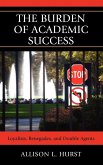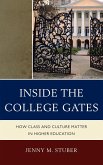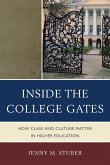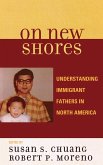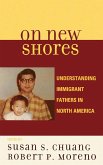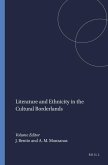This innovative work critically studies the contemporary problems of one segment of science, technology, engineering, and math (STEM) education. The lack of a diverse U.S.-based pool of talent entering the field of engineering education has been termed a crisis by academic and political leaders. Engineering remains one of the most sex segregated academic arenas; the intersection of gendered and racialized exclusion results in very few Latina engineers. Drawing on cutting-edge scholarship in gender and Latino/a studies, the book provides an analytically incisive view of the experiences of Latina engineers. Sponsored by the National Science Foundation through a Gender in Science and Engineering grant, the authors bridge interdisciplinary perspectives to illuminate the nuanced and multiple exclusionary forces that shape the culture of engineering. A large, multi-institution, longitudinal dataset permits disaggregation by race and gender. The authors rely on primary and secondary sources and incorporate an integrated mixed-methods approach combining quantitative and qualitative data. Together, this analysis of the voices of Latina engineering majors breaks new ground in the literature on STEM education and provides an exemplar for future research on subpopulations in these fields. This book is aimed at researchers who study underrepresented groups in engineering and are interested in broadening participation and ameliorating problems of exclusion. It will be attractive to scholars in the fields of multicultural and higher education, sociology, cultural anthropology, cultural studies, and feminist technology studies, and all researchers interested in the intersections of STEM, race, and gender. This resource will be useful for policy-makers and educational leaders looking to revitalize and re-envision the culture within engineering.
Hinweis: Dieser Artikel kann nur an eine deutsche Lieferadresse ausgeliefert werden.
Hinweis: Dieser Artikel kann nur an eine deutsche Lieferadresse ausgeliefert werden.


